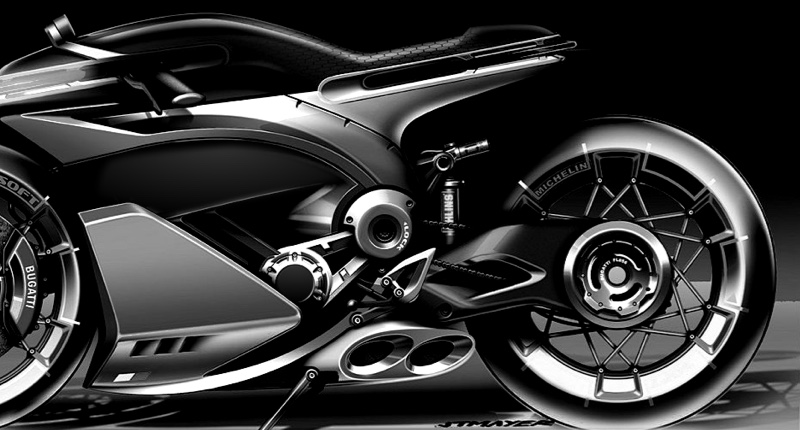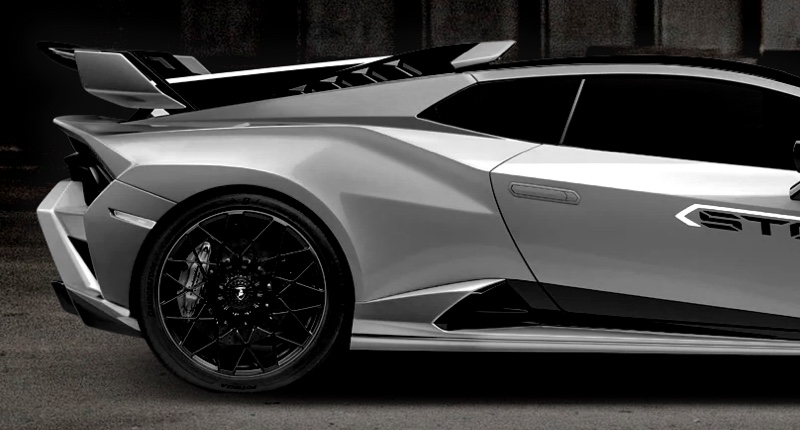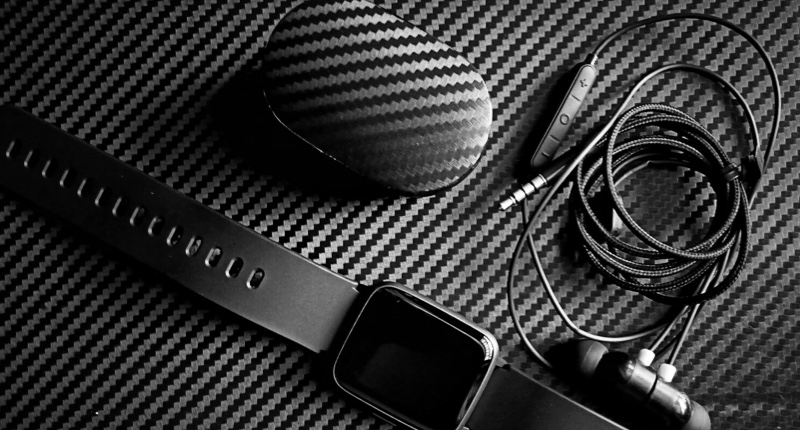Carbon Fiber Cars: Strength & Lightweight | Supreem Carbon
- Why Carbon Fiber is Used in Cars? Unveiling the Strength & Lightweight Advantage | Supreem Carbon
- Why is Carbon Fiber Used in Cars? Understanding the Advantages
- What are the Benefits of Carbon Fiber in Cars?
- Is Carbon Fiber Stronger Than Steel?
- How is Carbon Fiber Made for Cars?
- How Much Does Carbon Fiber Cost Compared to Other Materials?
- What Parts of a Car Use Carbon Fiber?
- What is the Future of Carbon Fiber in the Automotive Industry?
Why Carbon Fiber is Used in Cars? Unveiling the Strength & Lightweight Advantage | Supreem Carbon
Why is Carbon Fiber Used in Cars? Understanding the Advantages
Carbon fiber's prevalence in high-performance and luxury vehicles isn't accidental. Its unique properties make it a compelling choice for automotive manufacturers seeking to optimize performance and efficiency.
What are the Benefits of Carbon Fiber in Cars?
The primary benefit is its incredibly high strength-to-weight ratio. This means carbon fiber is significantly stronger than steel or aluminum for the same weight, or it can achieve the same strength with a much lower weight. This translates into several key advantages:
* Improved Fuel Efficiency: Lighter vehicles consume less fuel, reducing emissions and improving overall fuel economy.
* Enhanced Performance: Reduced weight leads to better acceleration, braking, and handling. The car becomes more responsive and agile.
* Increased Safety: While seemingly counterintuitive, the increased stiffness provided by carbon fiber enhances crash safety by distributing impact forces more effectively.
* Design Flexibility: Carbon fiber's ability to be molded into complex shapes allows for greater design freedom and the creation of aerodynamically optimized body parts.
Is Carbon Fiber Stronger Than Steel?
Yes, carbon fiber composites exhibit significantly higher tensile strength than steel. However, it’s important to note that the strength of carbon fiber depends heavily on the manufacturing process and the resin used to bind the fibers. A well-engineered carbon fiber component can easily surpass steel in strength, especially when considering weight.
How is Carbon Fiber Made for Cars?
The manufacturing process for automotive-grade carbon fiber involves several steps:
1. Fiber Production: Long, thin strands of carbon fiber are created by heating and carbonizing precursor materials like polyacrylonitrile (PAN).
2. Prepreg Manufacturing: The fibers are then impregnated with a resin (epoxy is common) to create a prepreg material, which is a semi-cured composite ready for molding.
3. Layup and Curing: The prepreg is carefully layered in a mold according to the desired shape and thickness. This assembly is then cured under heat and pressure to fully harden the resin and bond the fibers, creating the final carbon fiber component.
This process demands precision and specialized equipment, contributing to the higher cost of carbon fiber components.
How Much Does Carbon Fiber Cost Compared to Other Materials?
Carbon fiber is considerably more expensive than steel or aluminum. The intricate manufacturing process and specialized equipment needed contribute significantly to its cost. However, the cost-benefit analysis often favors carbon fiber in high-performance applications where the performance advantages outweigh the higher material costs.
What Parts of a Car Use Carbon Fiber?
The use of carbon fiber varies greatly depending on the vehicle and its intended purpose. Common applications include:
* Body Panels: Hoods, doors, and other exterior panels can be made lighter and more aerodynamic with carbon fiber.
* Chassis Components: Carbon fiber can reinforce or replace parts of the car’s chassis, improving rigidity and reducing weight.
* Interior Trim: Lightweight and stylish interior components like dashboards and center consoles can be created using carbon fiber.
What is the Future of Carbon Fiber in the Automotive Industry?
As manufacturing techniques improve and economies of scale are achieved, the cost of carbon fiber is expected to decrease, making it more accessible to a wider range of vehicles. We can anticipate a significant increase in the use of carbon fiber in the coming years, driving further innovation in automotive design and performance. Supreem Carbon is at the forefront of this innovation, providing high-quality carbon fiber materials for a wide range of applications.
Custom custom carbon fiber car body Manufacturers and suppliers in China
Dry Carbon vs Wet Carbon Cost Breakdown for Parts
What is ducati panigale v4s carbon
Custom carbon fiber engine cover Manufacturers and suppliers
For Order Delivery
What is the shipping time for the different ways?
Express delivery 5-7 days.
20-25 days by sea.
15 days by air.
How to choose the mode of transportation?
We use official shipment like Fedex,UPS,DHL and so on. Also customer can arrange delivery by themselves.
For Products
Are you parts have UV protected?
Absolutely! We use multiple layers of premium quality automotive clear (or matt) coats on our products, which ensure that they will remain super pretty for years to come.
For After-sales Service
How can I cancel the order?
We may only cancel your order if it has not been fulfilled yet. We would be more than happy to assist you with any adjustments if you'd wish instead!
For Facotry
How many employees of Supreem carbon?
We have over 50 employees, including over 40 skilled workers, 3 R&D designers, and 5 QC professionals and so on.

Yamaha R1 Carbon Fiber Side Fairings
Introducing the Supreem Carbon Fiber Long Side Panels for Yamaha R1. Crafted with precision and expertise, this front side fairing is designed to elevate the performance and aesthetics of your R1. Made from high-quality carbon fiber, this fairing is not only lightweight but also incredibly durable, providing optimal protection for your motorcycle.

Yamaha R1 Carbon Fiber Airbox Tank Cover
The Supreem Carbon Yamaha R1 Carbon Fiber Airbox Tank Cover provides lightweight, durable protection with a sleek finish. Designed for R1 models, it enhances the style and performance of your bike. Its lightweight structure improves performance while maintaining the premium aesthetics necessary for high-end modification projects. As a dedicated manufacturer of carbon fiber parts, we provide stable production capacity, customization options, and strict quality control to support enterprise-level procurement and OEM/ODM needs.

Carbon Fiber Rear Seat Panel for BMW S1000R & M1000RR – Lightweight Performance
This carbon fiber rear seat panel is engineered for the BMW S1000R and M1000RR, offering superior rigidity, reduced weight, and a premium racing finish. Produced with autoclave technology and strict QC standards, the part ensures consistent OEM-level fitment. Supreem Carbon provides wholesale supply, stable bulk production, and customized solutions for global clients.

High-Performance Carbon Fiber Rear Undertail for BMW S1000R
Engineered for distributors, tuning brands, and motorcycle accessory businesses, the BMW S1000R Carbon Fiber Rear Undertail is a high-quality, durable, lightweight carbon fiber upgrade for the S1000R platform. This component is manufactured using aerospace-grade carbon fiber and precision molds to deliver superior stiffness, a seamless OEM-level fit, and a premium visual finish suitable for high-end aftermarket applications.
© 2024 Supreem Carbon All Rights Reserved.





Facebook
Pinterest
LinkedIn
Instagram